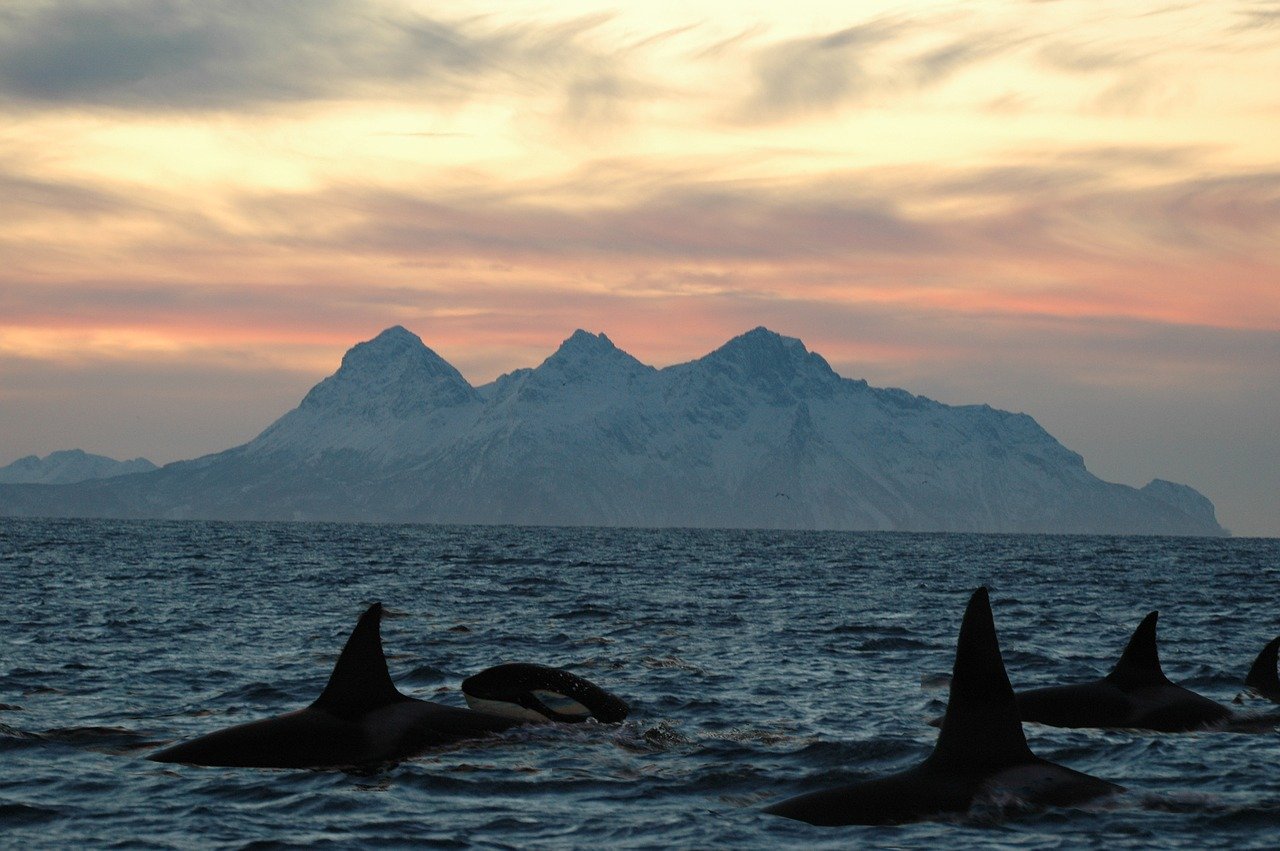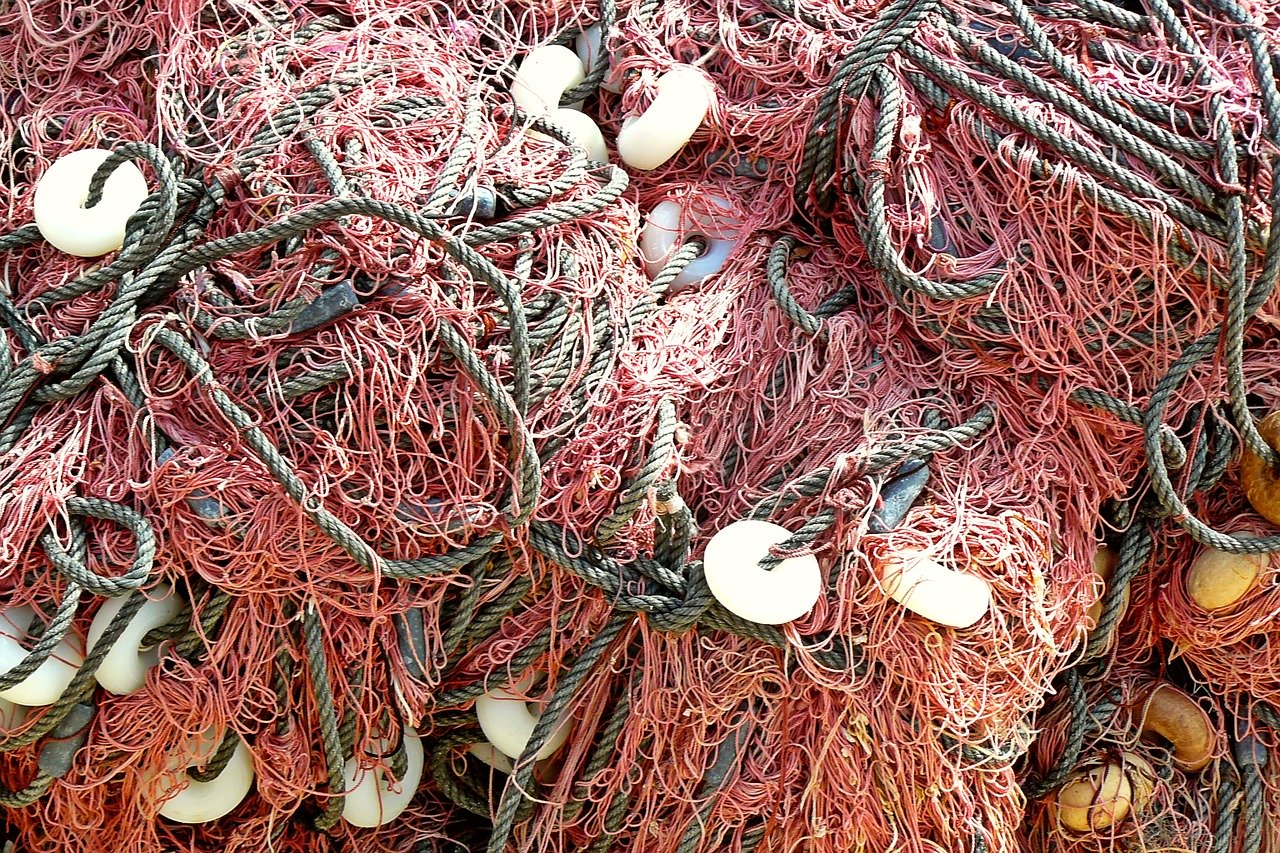Killer whales, also known as orcas, aren't exactly called "killer" whales because they go around killing or even attacking humans.
In fact our trusty friend, Google, showed us that there hasn't been any killer whale attacks on humans, although they are more than capable of attacking and devouring us tiny humans if they wanted to lah.
The largest member of the dolphin family got its name because of its diet that includes whales.
The original name given by ancient sailors to the animal meant "whale killer" for obvious reasons, but it later evolved into killer whales.
Which brings us to a concerning development of orcas attacking boats off the coasts of Spain and Portugal recently.
Pods of orcas have been attacking boats, causing damage

Scientists and those who are used to sailing the Gibraltar Straits are baffled and concerned about recent attacks on boats in the area by pods (or possibly a particular pod) of orca, The Guardian reported.
The report recounts several instances of attacks, which had caused damages and scared those involved in the incidents.
A marine biology graduate, Victoria Morris, was one of the people who shared her experience of getting excited to see a pod of killer whales, only to be attacked by the animals.
The pod rammed the boat she and her crew were in, spinning it 180 degrees, disabling the engines and causing other damages that caused them to lose the ability to steer the boat.
It took more than an hour for the coast guards to dispatch help to the group because orca attacks aren't exactly something that happens often although it's not unheard of.
According to the report, there have been records of orcas, and other large mammals that live in the sea, attacking boats, but humans who escape from the large vessels are often left alone.
Could be stress that caused the mammals to act differently
 The pod may have acted the way it did due to stress, scientists hypothesised.
The pod may have acted the way it did due to stress, scientists hypothesised. Nobody knows for sure yet, but considering that orcas in the area are said to be endangered — with less than 50 of them left — overfishing, threatening their food source and the constant interference of humans with boats that are getting more high-tech, prooves that it's not a far-fetched theory.
Scientists are not coming up with any concrete theories, however, as most of the encounters were not recorded by researchers.
But people are beginning to talk about the animals getting "pissed off" due to the restart of activities on the coasts after a relatively quieter period during the COVID-19 lockdown.
Whatever the reasons for the orcas unusual behavior, perhaps it's time for humans to take a good look at how we treat the other living beings in the world and start being better.






